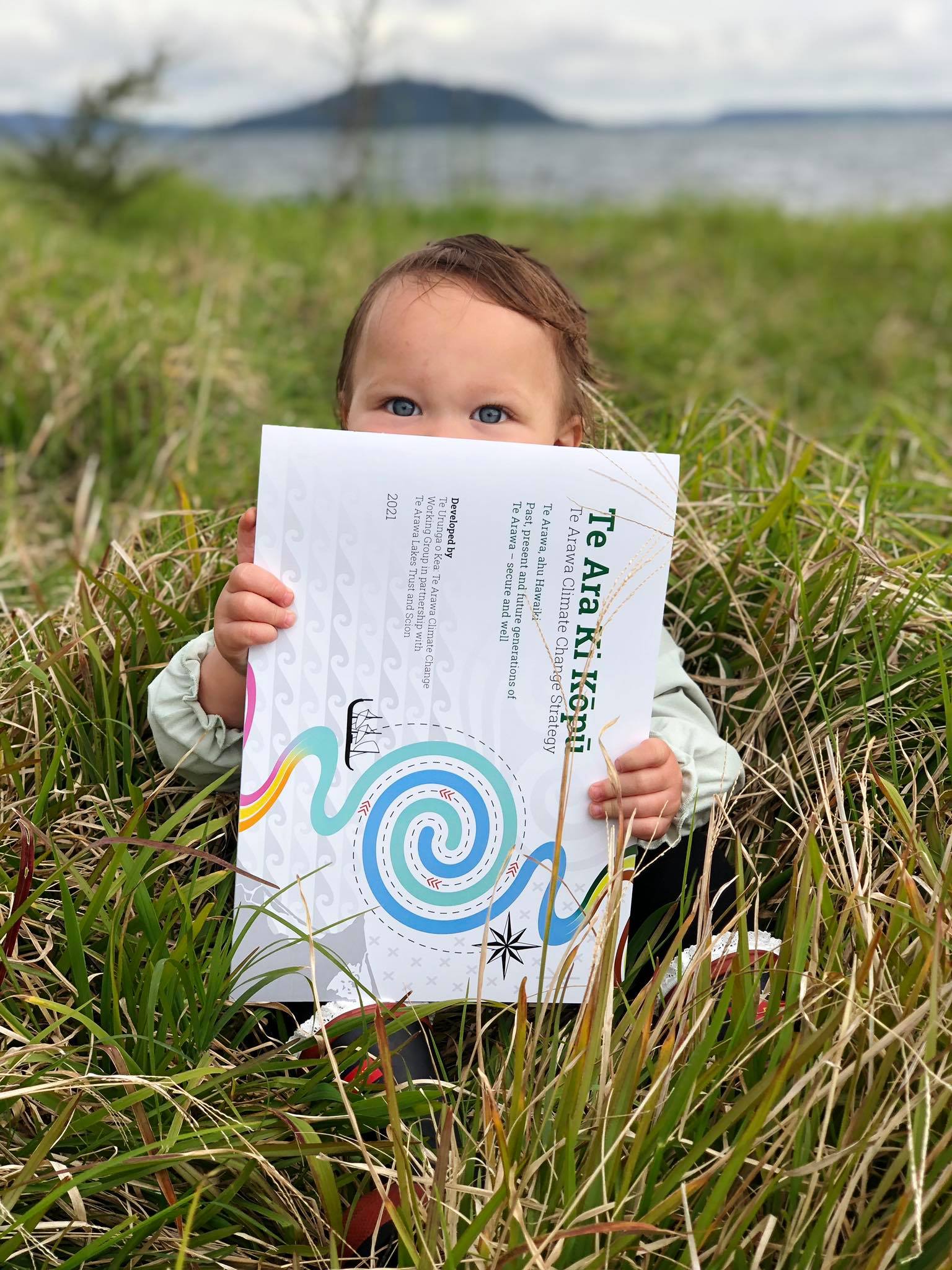A strategy to protect future generations of Te Arawa in this time of climate change has been launched by the iwi in partnership with Scion. Climate Change Minister, Hon James Shaw will attend the event marking the successful completion of a two-year research collaboration between Te Urunga o Kea: Te Arawa Climate Change Working Group, Te Arawa Lakes Trust and Scion.
Te Arawa kaumatua Sir Toby Curtis says Te Ara ki Kōpū: Te Arawa Climate Change Strategy will help guide decision-making and support adaptation and mitigation planning.
“The strategy provides a pathway for whānau, hapū and iwi to work proactively – empowering our way of knowing and seeking new ways of living – to ensure our tribe’s collective survival.
“We have a long history of navigating change and transformation. We will continue to look to our whakapapa and the generations of knowledge that have supported our way of life, to show us the way forward,” he says.
The Strategy highlights six focus areas identified by whānau and hapū as needing priority action over the next ten years.
“I would like to acknowledge the mahi that has gone into shaping our strategy from whānau across Te Arawa and our local community, and reinforce that the hard work has only just begun – it will take a collective effort from everyone within the rohe to realise our climate change ambitions,” he says.
Te Arawa Lakes Trust climate change coordinator, Lani Kereopa says the anticipated social, cultural, economic and environmental impacts of climate change on the iwi were all taken into account when considering where and how to focus collective efforts.
She says the next steps for whānau, hapū, marae and iwi entities are to develop action plans; gather robust information to guide decision-making; build understanding of ways to adapt; empower on-the-ground action; build effective relationships; and aim to lead the way locally, nationally, and globally in relation to climate change.
“Te Arawa has a climate change plan and some of our whānau and hapū are already initiating action.”
“What we need now is resourcing and support from local, regional and central government to enable us to implement Te Ara ki Kōpū: Te Arawa Climate Change Strategy.”

